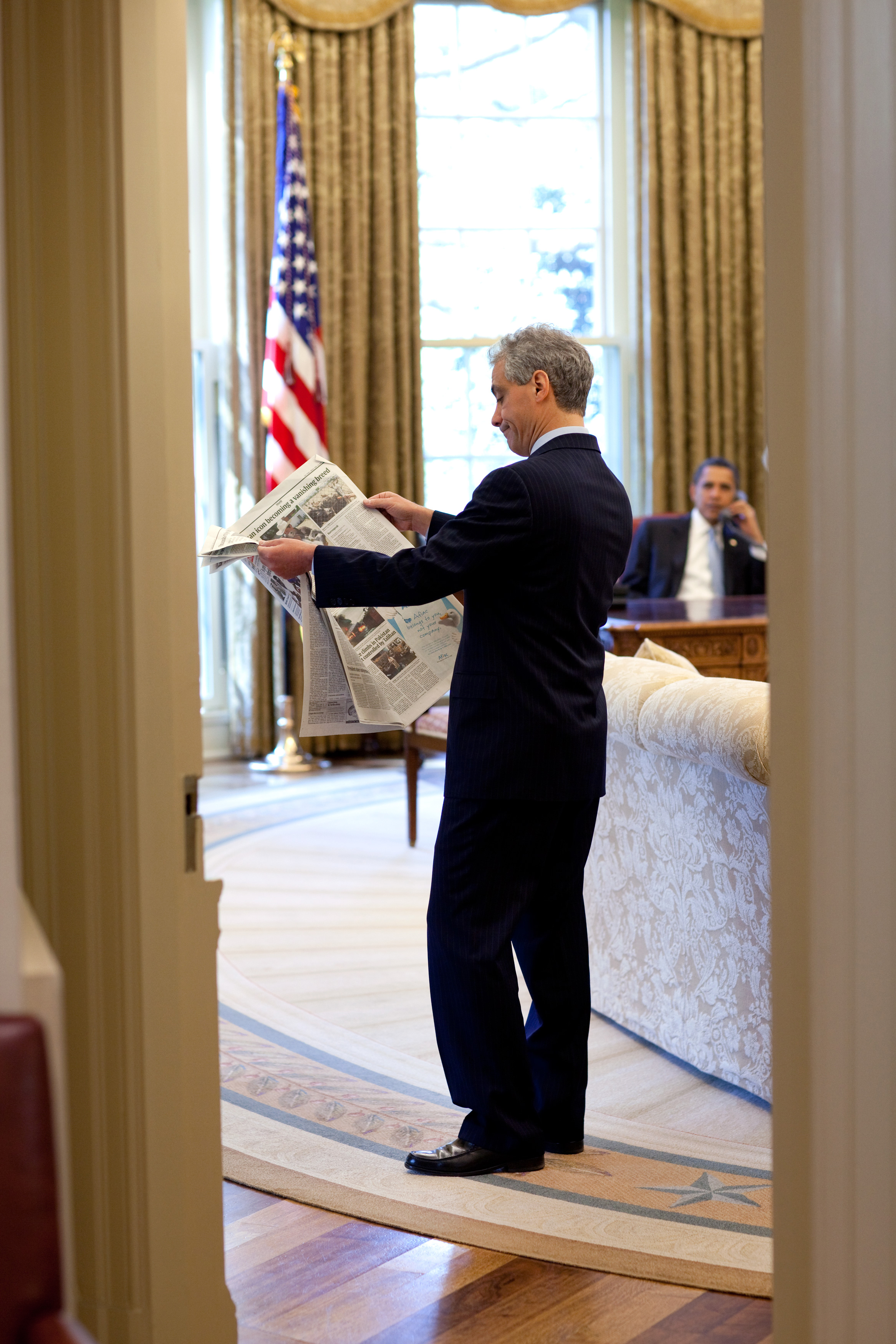Chicago Treasurer Stephanie Neely is stepping down at the end of November.
Her replacement, Kurt Summers, said his priority will be fixing the city’s pension systems. From the Chicago Sun-Times:
The full City Council is expected to ratify the appointment of Kurt Summers at Wednesday’s meeting, but the incoming treasurer is not waiting for the vote before rolling up his sleeves and getting to work.
He’s already meeting with actuaries and pouring over the books of the four city employee pension funds.
They include the Municipal Employees and Laborers funds that have already been reformed and police and fire pension funds still waiting for similar action.
In 2016, the city is required by law to make a $550 million contribution to shore up police and fire pension funds with assets to cover just 29.6 and 24 percent of their respective liabilities.
Much of that money will have to come from Chicago taxpayers.
That’s because, unlike Municipal Employees and Laborers, police officers and firefighters do not get compounded cost of living increases.
The process of making the city’s pension funds healthy, he said, includes decreasing investment fees and increasing investment returns. In other words, “investing more efficiently and less expensively.” From the Sun-Times:
As a member of the board overseeing all four city employee pension funds, Summers said he can “make a dent” in the taxpayer burden by reducing investment fees and bolstering returns.
Summers noted that the firefighters and laborers pension funds are paying dramatically higher fees to their investment managers than the Municipal Employees and police pension funds.
“One fund is paying 80 percent more in fees. Another is paying 50 percent more. Yet, there’s one client: The city of Chicago. That’s real money. For fire, the value of that is about $2.5 million-a-year on $1 billion in assets,” he said.
“These kinds of things aren’t going to solve the kinds of holes we have. But any benefit we can find to invest more efficiently and less expensively is a benefit to taxpayers and retirees.”
Summers noted that the bill that saved the Municipal and Laborers Pension funds — by increasing employee contributions by 29 percent and reducing employee benefits — assumes an “actuarial rate of return” on investments of 7.5 percent-a-year.
That makes it imperative that the funds invest in the “right type of assets,” he said.
“If there’s market shock during that time that looks anything like what happened in 2008 — or even what we saw in July — then you end that period of fixed, graduated contributions with less funding than was modeled out in the legislation and there’ll have to be greater catch-up to get to 90 percent funding,” Summers said.
“We’ll have to have portfolio and asset allocation changes to protect our rate of return because ultimately, the taxpayers and retirees are relying on us to hit that number and, if we don’t, they have a bigger bill on the other side of the graduated payments structure.”
That doesn’t necessarily mean being conservative, he said.
“It’s a common misconception to say, `If I invest in the markets or fixed-income [instruments], we’re gonna be protected, but real estate, private equity or hedge funds are risky.’ That’s plain wrong,” Summers said.
“The reality is, you have just as much, if not more exposure to risk and volatility in the market with investments in basic public securities than you do with alternative products meant to mitigate risk and limit volatility. That’s the business I was in — trying to do that for clients around the world.”
As Treasurer, Summers would be a trustee of the city’s pension funds.

